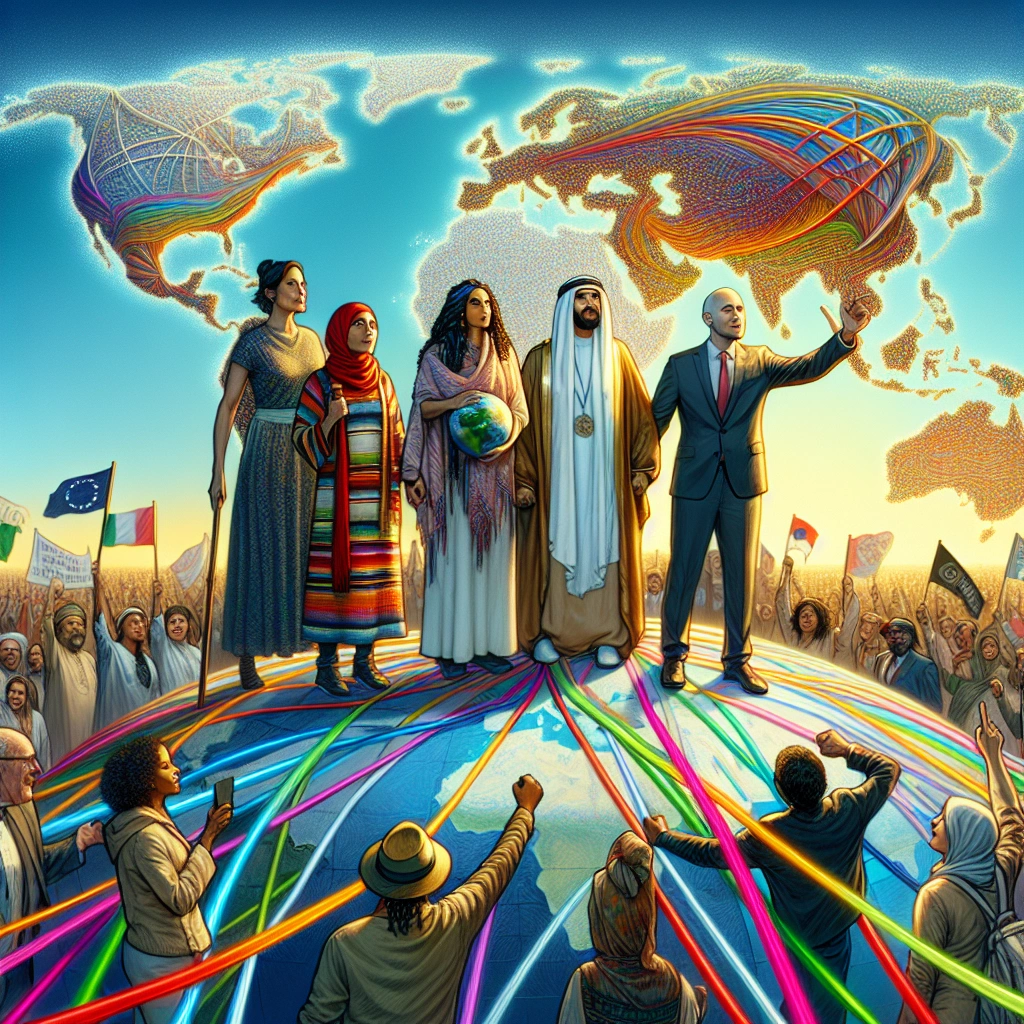

Social norms are the perceived informal, mostly unwritten, rules that define acceptable and appropriate actions within a given group or community, thus guiding human behaviour. These norms shape how individuals behave and interact within their society.
The impact of individuals on social norms can extend to a global scale, influencing behaviors and attitudes across different cultures and societies. Understanding how individuals contribute to shaping and changing social norms on a global scale is crucial for addressing various global challenges and promoting positive societal changes.
Check out this Youtube video: Gain valuable insights on how individuals can impact social norms on a global scale and the importance of social norms measurement for practice and policy.
The Power of Individual Actions
Individual actions can greatly influence social norms by setting examples for others to follow. When people observe individuals behaving in a certain way, they tend to mimic that behavior, gradually leading to the normalization of new social standards.
For example, when celebrities speak out on social justice issues, it often sparks widespread societal conversations and prompts others to rally for change.
How individual actions can influence social norms
A noteworthy example of an individual who has shaped global social norms is Malala Yousafzai, the Pakistani activist for female education. Her unwavering courage and advocacy has not only shifted attitudes towards education for girls in Pakistan but has also instigated a global movement for gender equality in education.
Her actions have redefined the societal norm around the world regarding the rights of young girls to receive an education, inspiring many to stand up for similar causes.
Examples of individuals who have shaped global social norms
The ripple effect of individual actions on a global scale is remarkable, as these actions can spur widespread change. When Greta Thunberg, a Swedish environmental activist, started the “Fridays for Future” movement by striking from school to demand climate action, it sparked a global movement of young people advocating for environmental change.
Her individual action created a ripple effect, inspiring millions worldwide to take a stand for the planet.
The ripple effect of individual actions on a global scale
| Individual | Action | Impact |
|---|---|---|
| Malala Yousafzai | Advocacy for female education | Global movement for gender equality in education |
| Greta Thunberg | “Fridays for Future” movement | Global youth movement for environmental change |
The power of individual actions should never be underestimated, as the impact of one person’s choices and behaviors can resonate globally, shaping new social norms and igniting movements for positive change.
Remember, the actions of one can spark a flame that lights the way for millions.
The Role of Social Media
Utilizing social media as a platform for influencing social norms
Social media serves as a powerful platform for shaping social norms through the spread of influential messages, images, and videos. Individuals can leverage social media to promote diversity, challenge stereotypes, and advocate for equality, thereby impacting social norms on a global scale.
The impact of viral content in shaping global social norms
Viral content on social media has the potential to swiftly reshape global social norms by sparking widespread conversations and initiating cultural shifts. Memes, videos, and trending hashtags have been known to influence societal behaviors and perceptions, demonstrating the significant impact of viral content in shaping global social norms.
Case studies of social media movements that have influenced global social norms
Various social media movements have successfully influenced global social norms through widespread participation and advocacy. Notable examples include the #MeToo movement, which heightened awareness of sexual harassment and gender inequality, and the Black Lives Matter movement, which brought attention to systemic racism and police brutality, leading to tangible societal changes.
| Social Media Movement | Impact on Global Social Norms |
|---|---|
| #MeToo | Raised awareness about sexual harassment and gender inequality |
| Black Lives Matter | Highlighted systemic racism and promoted societal change |
Cultural and Regional Perspectives
The influence of individual actions on social norms in different cultures and regions
The influence of individual actions on social norms varies significantly across different cultures and regions. In some cultures, the influence of influential individuals can lead to rapid shifts in social norms, while in other regions, social norms may be deeply entrenched and resistant to change, regardless of individual actions.
For example, the impact of celebrities and public figures on social norms in the Western world is often substantial, shaping trends and perceptions. However, in more conservative societies, individual actions may have a more limited impact on social norms.
Historical examples of individuals who have transcended cultural boundaries to impact global social norms
Throughout history, there have been remarkable individuals who have transcended cultural boundaries to impact global social norms. Consider the influential figures like Mahatma Gandhi, whose philosophy of non-violence and civil disobedience transcended cultural boundaries, profoundly influencing social norms and inspiring movements worldwide.
Similarly, Nelson Mandela’s unwavering commitment to equality and justice had a monumental impact on global social norms, reshaping perceptions and policies across diverse cultures and regions.
Comparing the impact of individual actions in various parts of the world
When comparing the impact of individual actions in various parts of the world, it is essential to recognize the nuances of cultural context. For instance, the impact of environmental activists in advocating for sustainable practices may be more readily embraced in environmentally conscious regions, while facing resistance in areas where economic priorities take precedence over environmental concerns.
Moreover, technological influencers may have a greater impact in regions with extensive digital connectivity, compared to areas with limited access to technology and the internet.
| Cultural Aspect | Influence of Individual Actions |
|---|---|
| Western Societies | Influential celebrities shape social trends |
| Conservative Cultures | Limited impact of individual actions on social norms |
| Global Historical Figures | Gandhi, Mandela transcended cultural boundaries |
| Environmental Activism | Varied impact based on regional priorities |
| Technological Influencers | Differing impact based on regional connectivity |
The influence of individual actions on global social norms is a complex interplay of cultural, historical, and regional factors, shaping societies in multifaceted ways. Understanding these dynamics is crucial for fostering positive changes that resonate across diverse cultures and regions.
Let me know if there’s anything else you’d like to know!
Leveraging Technology for Change
How technology has enabled individuals to impact social norms on a global scale
Technology has revolutionized the way individuals impact social norms on a global scale by providing a platform for connectivity and amplification. Social media, for instance, allows individuals to voice opinions, influence discussions, and challenge existing norms on a worldwide platform.
Through viral campaigns and hashtags, people can unite on global issues, shaping and reshaping societal expectations and behaviors in real-time.
Examples of digital activism and its effects on global social norms
One impactful example of digital activism is the #MeToo movement, which spread globally, empowering individuals to speak out against sexual harassment and assault. This movement transcended geographical boundaries, igniting conversations and sparking tangible changes in social norms related to consent, accountability, and gender equality.
Similarly, digital activism played a pivotal role in the Arab Spring, showcasing how online movements can drive significant societal shifts.
The potential of technology in amplifying the impact of individual actions
Technology has the potential to amplify individual actions by providing broader reach and influence. Crowdfunding platforms, for instance, enable individuals to support causes and initiatives worldwide, leading to tangible societal transformation.
Furthermore, technological tools such as virtual reality and immersive storytelling allow individuals to emotionally engage with global issues, fostering empathy and driving impactful changes in social norms.
| Digital Activation Example | Impact on Global Social Norms |
|---|---|
| #MeToo movement | Empowered individuals globally to speak out against sexual harassment and assault, reshaping societal norms related to consent, accountability, and gender equality |
| Arab Spring | Showcased the power of online movements in driving significant societal shifts, leading to transformative changes in global social norms |
Challenging Existing Norms
The role of individual dissent in reshaping global social norms is crucial in driving societal change. When individuals courageously voice their dissent against prevailing norms, they ignite a spark that can revolutionize the collective mindset.
Take the example of Malala Yousafzai, whose defiance against the ban on girls’ education in Pakistan sparked a global movement, challenging the traditional norm of gender-based education discrimination.
Examining the impact of collective individual actions in challenging traditional norms reveals the power of unity in challenging the status quo. The #MeToo movement is a striking testimony to this as numerous individuals collectively shared their stories, challenging the normalized culture of harassment and abuse.
This collective action led to significant shifts in societal attitudes and behaviors, driving a monumental change in global social norms regarding consent, respect, and accountability.
Case studies of successful challenges to established global social norms, such as the LGBTQ+ rights movement, showcase the transformative impact of relentless advocacy and activism. Through strategic collective efforts and individual perseverance, formerly ingrained discriminatory social norms have been challenged, leading to legal reforms, increased societal acceptance, and enhanced rights for the LGBTQ+ community worldwide.
| Successful Challenges to Established Global Social Norms | |
|---|---|
| LGBTQ+ Rights Movement | Legal Reforms, Societal Acceptance |
| #MeToo Movement | Shift in Societal Attitudes, Accountability |
| Malala Yousafzai’s Advocacy | Global Movement for Girls’ Education |
These real-world examples underscore the undeniable influence individuals possess in reshaping global social norms. Through their dissent, collective action, and persistent advocacy, individuals continue to challenge and transform traditional norms, forging a more equitable and inclusive global society.
Education and Empowerment
The influence of education and empowerment on individual impact on global social norms:
Education and empowerment play a crucial role in shaping individual perspectives and values, ultimately influencing global social norms. By providing individuals with knowledge and critical thinking skills, education empowers them to challenge existing norms and advocate for change on a broader scale. Increased educational attainment often leads to greater awareness of societal issues and a stronger sense of community engagement, driving individuals to question and transform prevailing social standards.
Strategies for empowering individuals to effect positive change in societal norms:
Empowering individuals to effect positive change in societal norms involves promoting inclusivity, fostering critical thinking, and providing platforms for advocacy. Implementing educational programs that emphasize diversity, equity, and inclusion can empower individuals to challenge discriminatory norms and promote social equality. Additionally, creating opportunities for meaningful civic engagement and activism enables individuals to drive positive societal shifts, influencing and reshaping global social norms.
The link between informed individuals and the transformation of global social norms:
Informed individuals, equipped with education and empowerment, serve as catalysts for the transformation of global social norms. By understanding the interconnectedness of local actions and global implications, informed individuals leverage their knowledge to address systemic issues and advocate for change. This informed activism creates a ripple effect, inspiring others to join in reshaping social norms, leading to significant transformative impacts on a global scale.
| Education and Empowerment | Individual Impact on Global Social Norms |
|---|---|
| Greater educational attainment leads to increased awareness of societal issues | Empowerment promotes advocacy for positive societal change |
| Educational programs emphasizing diversity and inclusion foster critical thinking | Informed individuals serve as catalysts for reshaping global social norms |
Responsibility and Ethical Considerations
The ethical implications of influencing social norms on a global scale
Influencing social norms on a global scale carries significant ethical implications, as it involves shaping beliefs, behaviors, and values across diverse cultures and societies. This influence can impact individuals’ perceptions of morality and contribute to the erosion or reinforcement of ethical standards.
For example, promoting sustainability as a global norm may lead to positive environmental behaviors, but it also raises questions about cultural autonomy and the imposition of values.
The responsibility of individuals in driving constructive change in societal norms
Individuals play a crucial role in driving constructive change in societal norms by exemplifying desired behaviors, advocating for positive societal shifts, and challenging unjust or harmful norms. For instance, individuals advocating for gender equality can contribute to reshaping societal norms related to gender roles and expectations, ultimately fostering a more equitable and inclusive society.
Balancing personal freedoms with societal impact in the context of global norms
Balancing personal freedoms with societal impact within the framework of global norms requires careful consideration of cultural diversity and individual autonomy. While individuals should have the freedom to express their unique identities and beliefs, they must also recognize the impact of their actions on the broader global community.
For instance, promoting free speech while respecting diverse cultural sensitivities is essential for maintaining a harmonious global society.
The Psychology of Social Norms
Understanding the psychological mechanisms behind individual impact on global social norms
The understanding of psychological mechanisms behind individual impact on global social norms is crucial in comprehending the intricate interplay between individual behavior and global cultural shifts. By delving into the fields of social psychology and cultural anthropology, we uncover the profound influence of individual actions on the collective consciousness.
For instance, the ripple effect of an individual championing environmental sustainability can catalyze a global movement towards eco-conscious living. This underscores the substantial impact individuals wield in shaping worldwide social norms.
Cognitive and behavioral factors influencing the acceptance of new norms
Cognitive and behavioral factors play pivotal roles in the acceptance and assimilation of new norms on a global scale. Take rejection of harmful gender stereotypes as an illustration – individuals’ cognitive dissonance and subsequent behavior adjustments have been instrumental in driving the widespread acceptance of gender equality norms.
The human propensity for cognitive adaptation and behavioral flexibility are fundamental in catalyzing global shifts in social norms. These factors serve as the underpinning forces that mold and reshape our collective social framework.
The intersection of individual agency and collective behavior in shaping global norms
The intersection of individual agency and collective behavior bears profound implications for the evolution of global social norms. Aligning personal agency with collective goals can result in transformative cultural shifts.
Consider the rise of social media activism, where individual voices coalesce into a powerful force that shapes public opinion and catalyzes structural changes on a global scale. This convergence of individual agency and collective behavior exemplifies the monumental impact individuals have in steering the course of global norms, underscoring the significance of individual contributions in shaping our shared social fabric.
| Individual Impact | Global Social Norms |
|---|---|
| Environmental Advocacy | Eco-conscious Living |
| Gender Equality Advocacy | Cultural Rejection of Stereotypes |
| Social Media Activism | Structural Changes |
The profound influence of individuals on global social norms cannot be overstated. Their cognitive adaptability, behavioral flexibility, and collective agency form the bedrock upon which widespread normative shifts are catalyzed and sustained.
By recognizing the pivotal role of individual action in shaping global norms, we underscore the power each and every person holds to influence the collective consciousness and steer the course of societal evolution.
Economic and Political Influences
Exploring the impact of economic and political structures on global social norms
Global social norms are significantly impacted by economic and political structures. Economic systems shape the collective mindset, emphasizing values such as fairness, equality, and the common good.
For instance, socialist systems promote social norms focused on collectivism and equitable distribution of resources, shaping global perceptions and behaviors. Additionally, political globalization plays a pivotal role in influencing norms, enabling international cooperation to address pressing global issues.
The role of influential individuals in leveraging economic and political power to shape norms
Influential individuals wield significant power in leveraging economic and political influence to shape social norms on a global scale. Economic elites, through their wealth and resources, play a crucial role in policymaking during times of crisis.
Their organized influence enables them to shape policies, thereby impacting societal norms. Moreover, leadership in organizations holds the capacity to mold organizational culture, influencing values, beliefs, and norms that guide employee behavior and decision-making.
Examples of economic and political factors driving shifts in global social norms
Economic and political factors often drive notable shifts in global social norms. For example, recent political and economic developments have emphasized the importance of problem-solving and decision-making skills in the healthcare sector.
Furthermore, political and social globalization has emerged as a dominant force, overshadowing the influence of the economic dimension. Notably, interest rates fluctuations and monetary policy efficacy have been pivotal in shaping global economic paradigms and, consequently, influencing social norms.
| Economic and Political Influence | Impact on Social Norms |
|---|---|
| Socialist Systems | Emphasize collectivism, fairness, and equality, shaping global perceptions and behaviors |
| Organizational Leadership | Molds organizational culture, influencing values, beliefs, and norms guiding employee behavior and decision-making |
| Political and Social Globalization | Dominates influence, overshadowing the economic dimension, driving notable shifts in global social norms |
The Importance of Intersectionality
Recognizing the intersection of individual identities and their impact on global social norms
Recognizing the intersection of individual identities and their impact on global social norms is crucial in understanding the diverse experiences and disparities within societies. For example, the intersection of gender, race, and socioeconomic status can result in varying levels of access, opportunities, and discrimination for different individuals.
By acknowledging these intersections, we can work towards creating more inclusive social norms that cater to the needs of everyone, regardless of their multiple identities.
How diverse perspectives and experiences shape the evolution of global norms
The diverse perspectives and experiences of individuals from different backgrounds play a pivotal role in shaping the evolution of global norms. For instance, an individual’s cultural background, beliefs, and lived experiences significantly influence their outlook on societal norms and values.
By embracing and integrating these diverse perspectives, we can foster a more comprehensive and inclusive approach to shaping global norms, ensuring that they are reflective of the multifaceted nature of human experiences worldwide.
Empowering marginalized individuals to drive meaningful change in global social norms
Empowering marginalized individuals to drive meaningful change in global social norms is essential for fostering a more equitable and just society. For instance, providing marginalized communities with access to education, resources, and platforms for amplifying their voices can lead to impactful contributions toward reshaping societal norms.
By enabling marginalized individuals to participate in decision-making processes and advocacy efforts, we can collectively work towards dismantling systemic barriers and creating a more inclusive and equitable global community.
| Intersectionality Benefits |
|---|
| 1. Fosters Inclusivity |
| 2. Drives Diverse Perspectives |
| 3. Promotes Equity |
| 4. Empowers Marginalized Communities |
Remember, embracing intersectionality and valuing diverse perspectives isn’t just a concept; it’s a gateway to a more inclusive and understanding world.
Reactions and Resistance
Addressing resistance to individual-driven changes in global social norms
Addressing resistance to individual-driven changes in global social norms requires a deep understanding of the underlying factors contributing to resistance. Often, individuals are resistant to change due to fear of the unknown, attachment to existing traditions, or concerns about personal implications. engaging individuals in open dialogue to address their concerns and emphasizing the positive impact of the proposed changes can help overcome resistance. Education and effective communication play crucial roles in addressing resistance to individual-driven changes in global social norms.
Strategies for effectively managing and navigating resistance to normative shifts
Effective management of resistance to normative shifts involves employing strategies that foster openness and collaboration. Encouraging empathy in communication, involving stakeholders in decision-making processes, and providing a clear understanding of the necessity and benefits of change can mitigate resistance. Furthermore, identifying the root causes of resistance, involving senior leaders, and communicating the change effectively are all imperative strategies for successfully managing and navigating resistance to normative shifts.
Case studies of successful navigation of resistance to positive normative changes
One notable case study of successful navigation of resistance to positive normative changes pertains to social norms interventions aiming to change clinical behavior. These interventions involve providing targets with information about the behavior of a reference person or group, effectively altering social and cultural norms. Additionally, UNICEF provides a manual on social norms and change, outlining strategies for training program managers to promote the abandonment of female genital mutilation. These case studies highlight the significance of targeted interventions and effective communication in navigating resistance to positive normative changes.
| Successful Navigation Strategies | Description |
|---|---|
| Social Norms Interventions | These interventions aim to change clinical behavior by providing information about the behavior of reference groups. |
| UNICEF Manual on Social Norms and Change | The manual provides strategies for promoting the abandonment of harmful practices through targeted training programs. |
Addressing resistance to individual-driven changes in global social norms involves open dialogue and emphasizing the positive impact of proposed changes. Effective strategies for managing and navigating resistance to normative shifts include empathy in communication, involvement of senior leaders, and clear, compelling communication.
Additionally, successful case studies highlight the significance of targeted interventions and strategic communication in overcoming resistance to positive normative changes. With a deep understanding of these strategies, individuals can effectively impact social norms on a global scale.
Long-Term Impact Assessment
Evaluating the long-term effects of individual impact on global social norms
The evaluation of long-term effects of individual impact on global social norms requires a comprehensive analysis of behaviors and attitudes across diverse cultures and regions. This involves tracking changes in societal attitudes towards critical issues such as gender equality, environmental conservation, and human rights.
Examining academic research, case studies, and trend analyses can shed light on the enduring influence of individual actions on transforming social norms globally.
Methods for measuring the sustained influence of individual actions on societal norms
Quantitative and qualitative methods play crucial roles in measuring the sustained influence of individual actions on societal norms. Surveys, interviews, and longitudinal studies are used to capture and measure changes in attitudes, behaviors, and policies as a result of individual contributions.
Additionally, social media analytics and big data enable the tracking of trends and public sentiment, providing valuable insights into the ongoing impact of individuals on shaping global social norms.
Predicting future trends in individual-driven changes to global social norms
Forecasting future trends in individual-driven changes to global social norms requires a multidimensional approach. By analyzing emerging technologies, demographic shifts, and cultural movements, it becomes possible to anticipate the direction of societal values and norms.
Considering expert opinions, geopolitical dynamics, and advancements in communication and social networks can provide valuable foresight into the evolving influence of individuals on global social norms.
| Methods for measuring the sustained influence of individual actions | Strengths | Limitations |
|---|---|---|
| Longitudinal studies | Provides comprehensive data over time | Resource-intensive and time-consuming |
| Social media analytics | Real-time insights into public sentiment | Vulnerable to algorithmic biases |
| Surveys and interviews | Captures individual perspectives | Limited in scalability and generalization |
A Call to Action
Empowering individuals to recognize their potential to impact global social norms begins with embracing and celebrating diversity on a grand scale. By encouraging open-mindedness and understanding of different cultures and perspectives, we can foster an environment where individuals feel empowered to make a positive impact.
Encouraging collective action towards positive societal change on a global scale involves fostering a sense of community and shared responsibility. When individuals come together to support common causes such as environmental sustainability, equality, and human rights, the impact on global social norms becomes significant and lasting.
Providing actionable steps for individuals to initiate meaningful shifts in global norms means taking tangible steps towards change. Whether it’s through grassroots movements, education and awareness campaigns, or supporting organizations dedicated to societal improvement, everyone has the power to contribute to a better world.
| Actionable Steps for Individuals to Impact Global Social Norms |
|---|
| 1. Engage in open conversations about cultural differences and similarities |
| 2. Support and participate in community-driven initiatives for positive change |
| 3. Embrace diversity in personal interactions and professional environments |
| 4. Educate oneself and others on global issues and their impact on social norms |
| 5. Advocate for policies and practices that promote inclusivity and equality |
| 6. Actively participate in collective efforts to address global challenges |
It’s essential to remember that every action, no matter how small, can contribute to meaningful shifts in global norms. Together, we can create a world where diversity is celebrated, equality is prioritized, and positive societal change becomes the norm.
Recommended Amazon Products for [Impact of Individuals on Global Social Norms]
Here’s a curated list of products that can help you understand and promote the impact of individuals on global social norms. These recommendations are based on their relevance to the topic and customer reviews.
The Power of One: A Novel


The Power of One: A Novel is an inspiring book that delves into the power of individual actions in shaping global change. It offers insightful examples of how one person can make a significant impact on societal norms.
Bose QuietComfort 35 II Wireless Bluetooth Headphones


The Bose QuietComfort 35 II Wireless Bluetooth Headphones are perfect for tuning into podcasts and talks related to global social norms and individual impact. With excellent noise cancellation, these headphones provide an immersive listening experience.
LEGO Ideas International Space Station Building Kit


The LEGO Ideas International Space Station Building Kit is a creative tool for understanding the role of technology in global change. It highlights the influence of technology and individual enthusiasm in shaping significant societal norms.
Roku Streaming Stick+


The Roku Streaming Stick+ is a great tool for accessing documentaries and films that explore the impact of individual actions on social norms globally. With convenient access to various streaming platforms, it offers diverse perspectives on the topic.
Yoga and Meditation Mat


A yoga and meditation mat can serve as a reminder of the significance of self-reflection and mindfulness in promoting individual-driven change in societal norms on a global scale. It emphasizes the importance of individual well-being in driving positive change.
Top Recommended Product for [Impact of Individuals on Global Social Norms]
If you’re looking for the best solution to understand and promote the impact of individuals on global social norms, we highly recommend The Power of One: A Novel (https://www.amazon.com/s?k=The+Power+of+One+Book). Here’s why:


Pros and Cons of Recommended Products:
| Product | Pros | Cons |
|---|---|---|
| The Power of One: A Novel | – Inspiring content- Insightful examples | – Not a physical tool |
| Bose QuietComfort 35 II | – Excellent noise cancellation- High-quality audio | – Relatively pricey |
| LEGO International Space Station | – Promotes creativity- Educational value | – Not directly related to social norms |
| Roku Streaming Stick+ | – Access to diverse content- Convenient and portable | – Requires a streaming subscription |
| Yoga and Meditation Mat | – Promotes mindfulness and well-being- Physical reminder of individual impact | – Not directly educational |
Ready to delve into the impact of individual actions on global social norms? Check out The Power of One: A Novel today for the best results!


Individuals have the power to influence global social norms through their actions and behaviors. Their impact can be seen in the way they challenge existing norms and push for change, creating a ripple effect that can reach far and wide.
By standing up for what they believe in and advocating for social justice, individuals can play a significant role in shaping and shifting global social norms.
The potential for individual-driven change in societal norms is ongoing and ever-present. As individuals continue to speak out, take action, and lead by example, they have the power to effect meaningful and lasting change on a global scale.
The collective efforts of individuals can lead to a shift in societal attitudes and behaviors, ultimately leading to significant changes in global social norms.
Conclusion
Readers are encouraged to engage in shaping global social norms through their own actions and contributions. Whether it’s through advocacy, activism, or simply living in alignment with their values, individuals play a critical role in influencing and shaping the world around them.
By inspiring others and working together, individuals can have a collective impact that contributes to a more just and equitable global society.

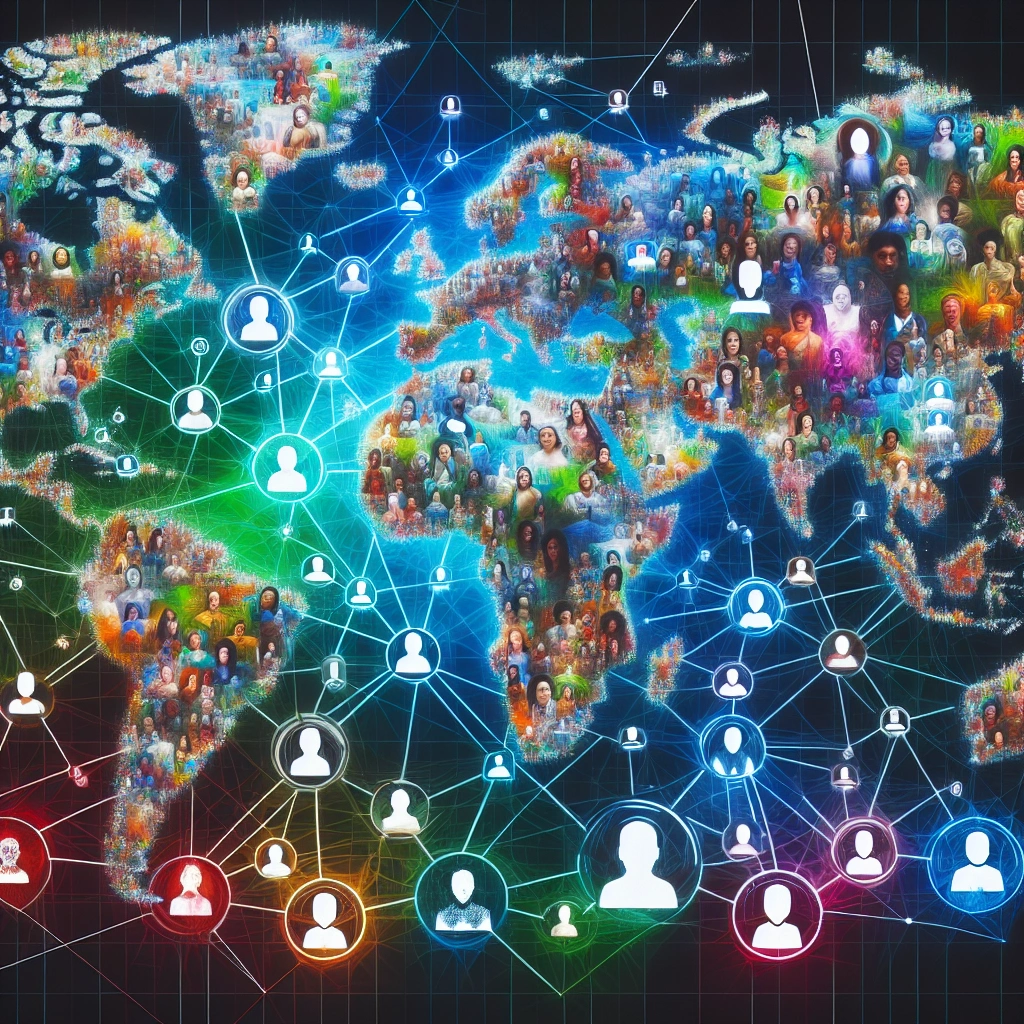
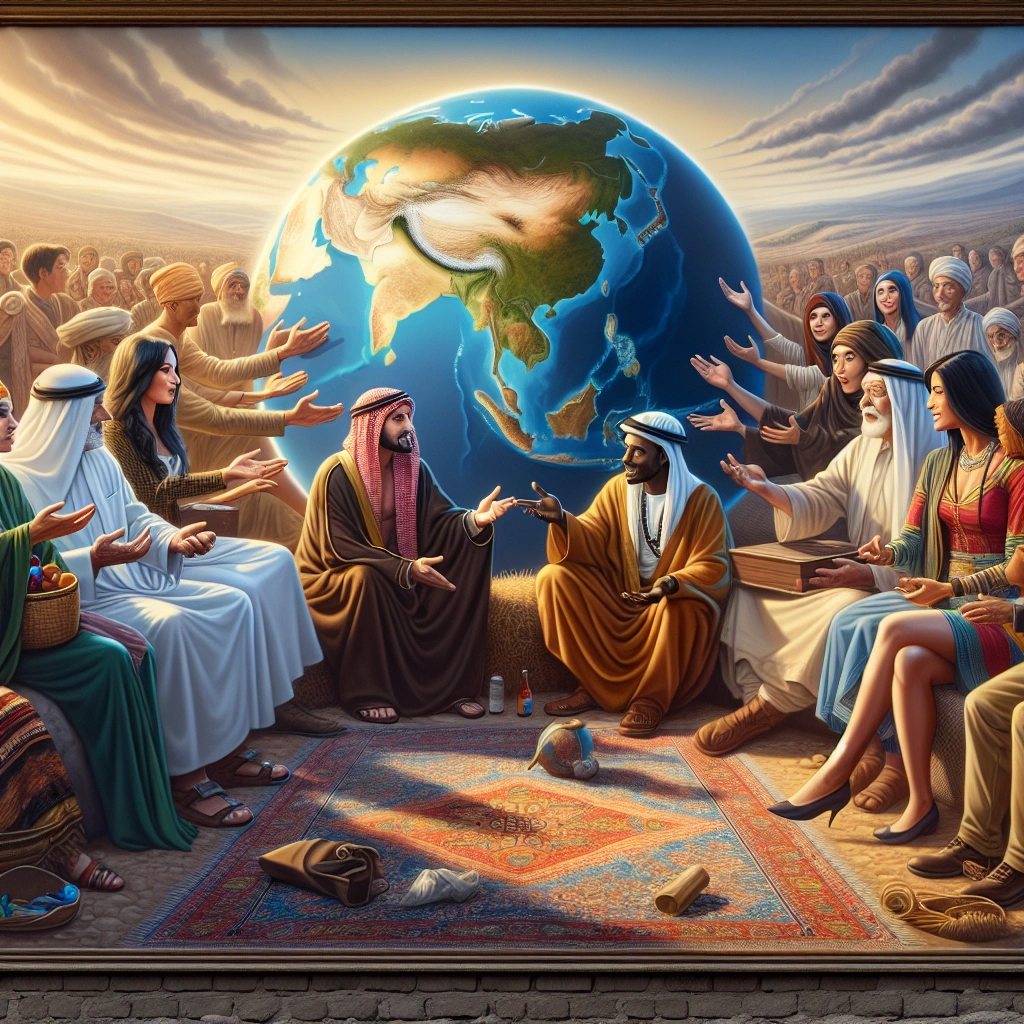
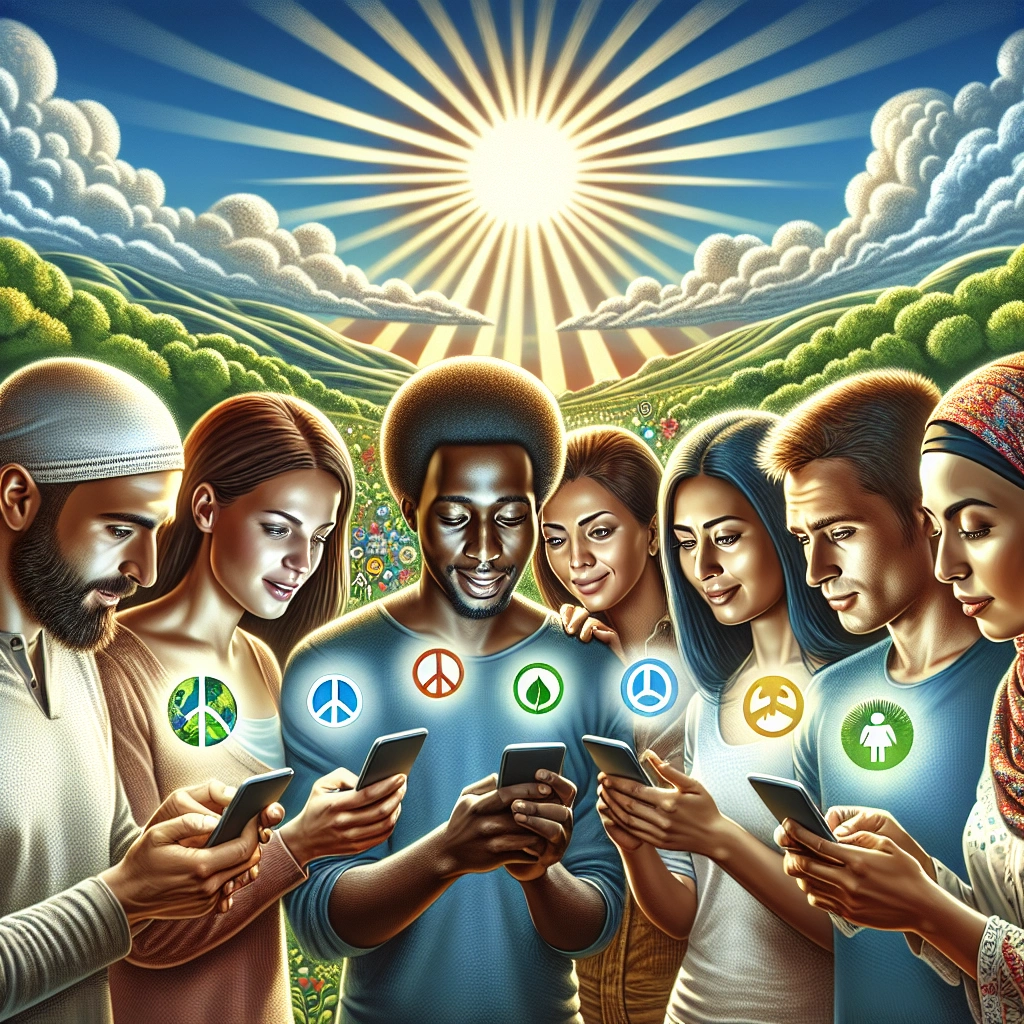
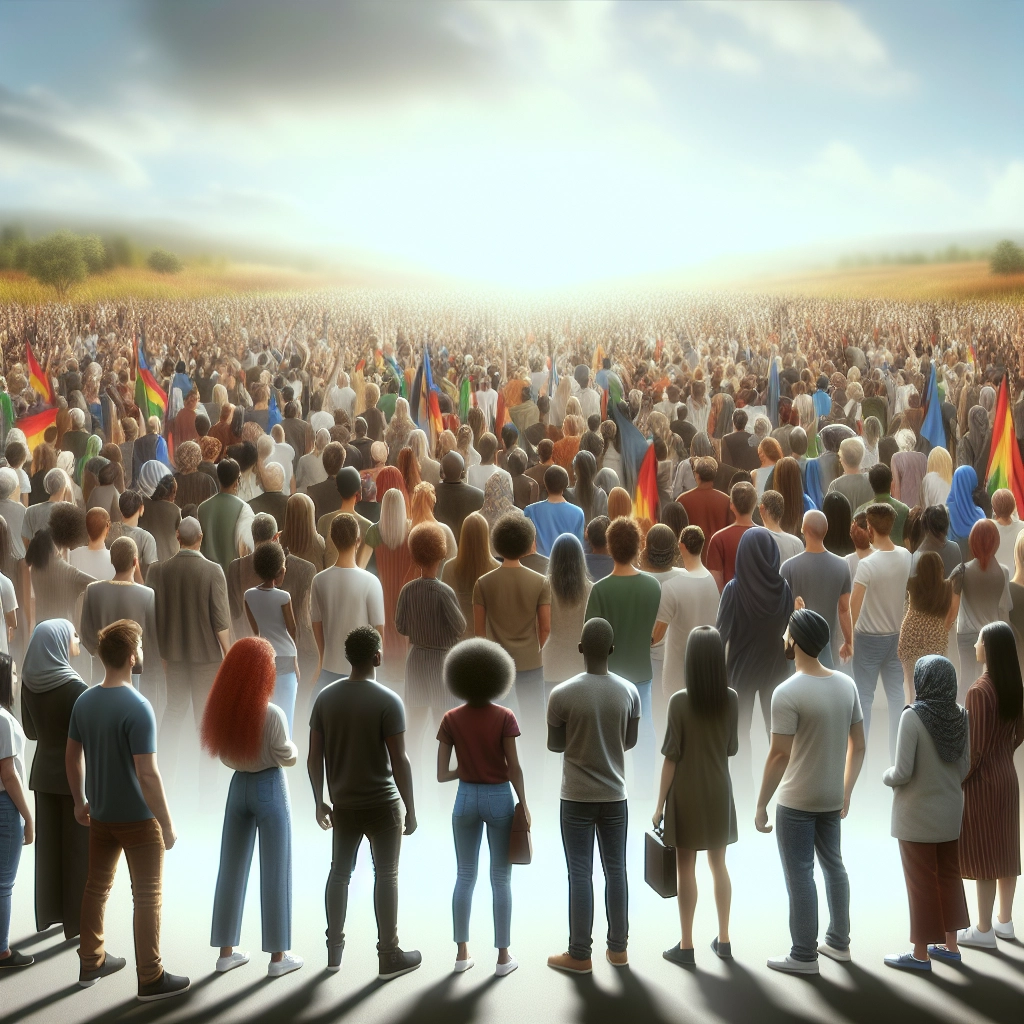
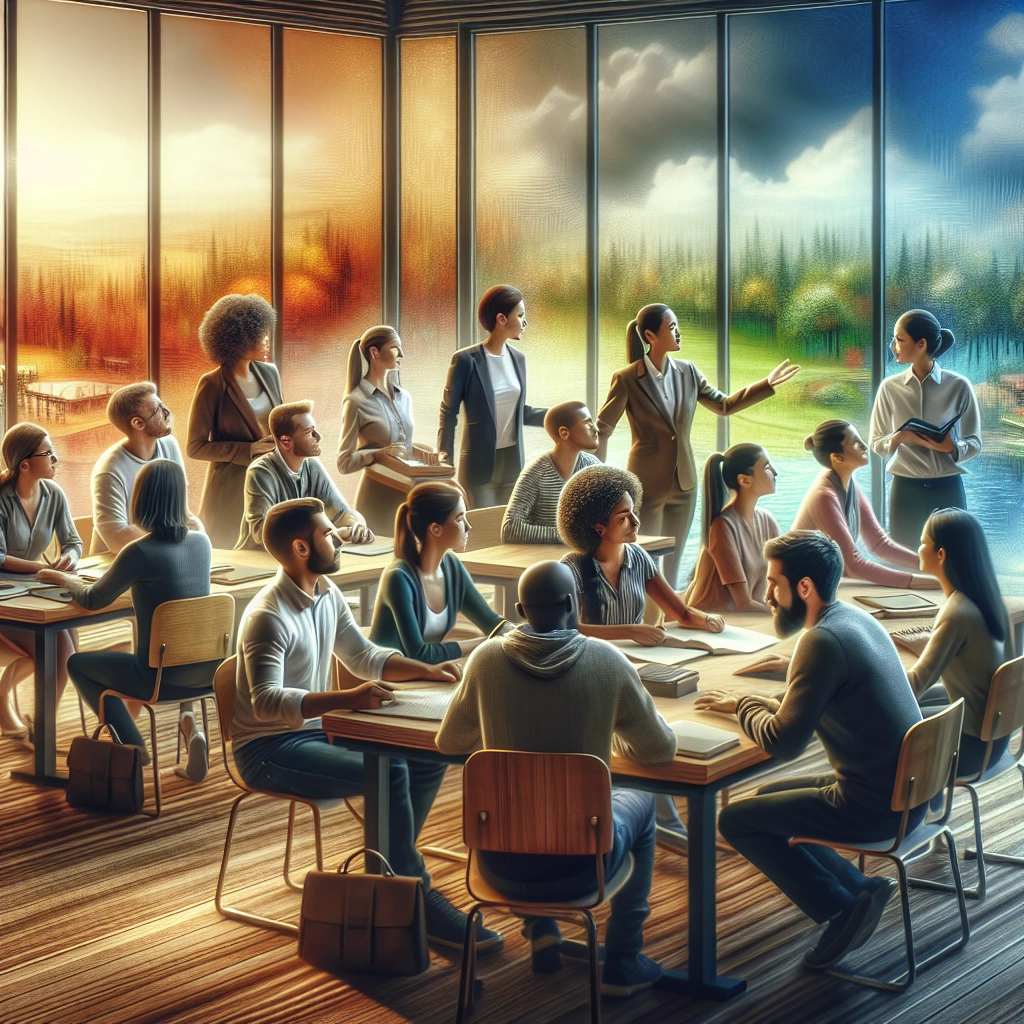
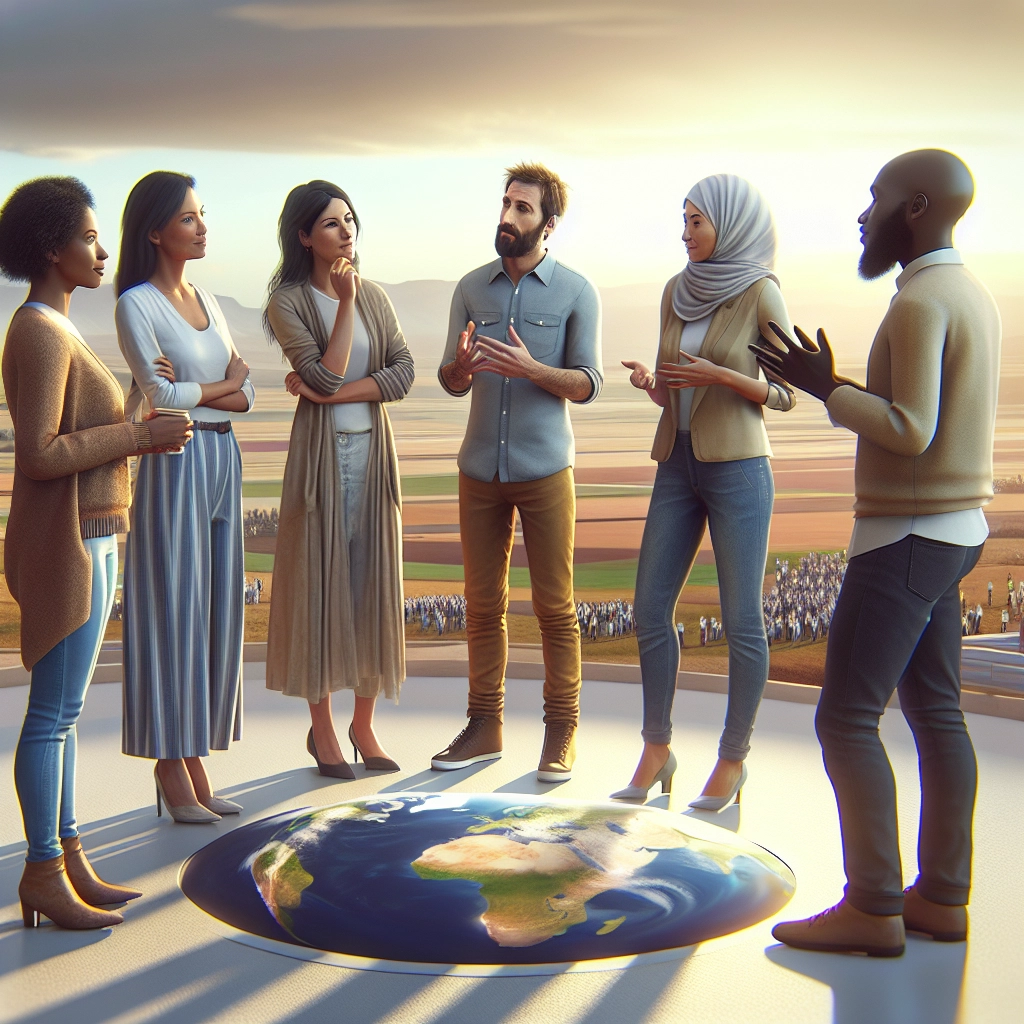
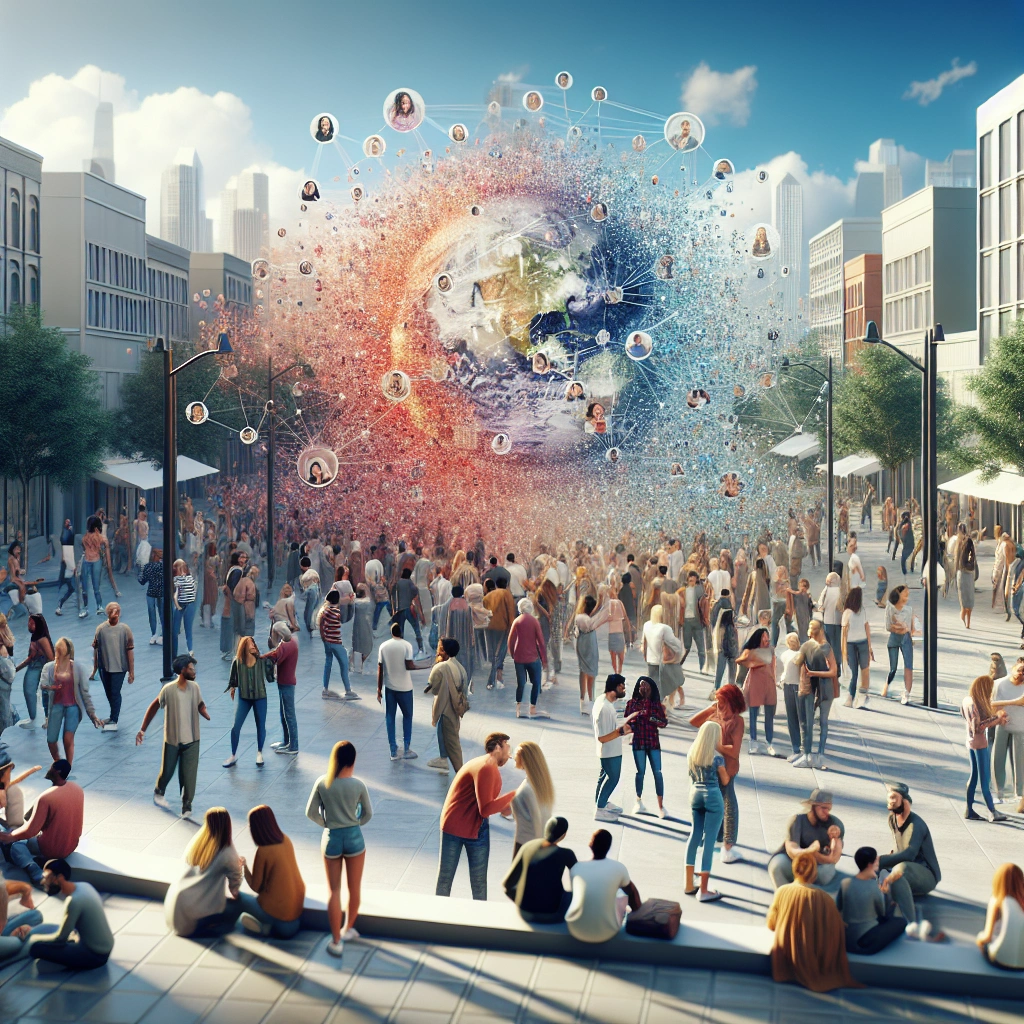

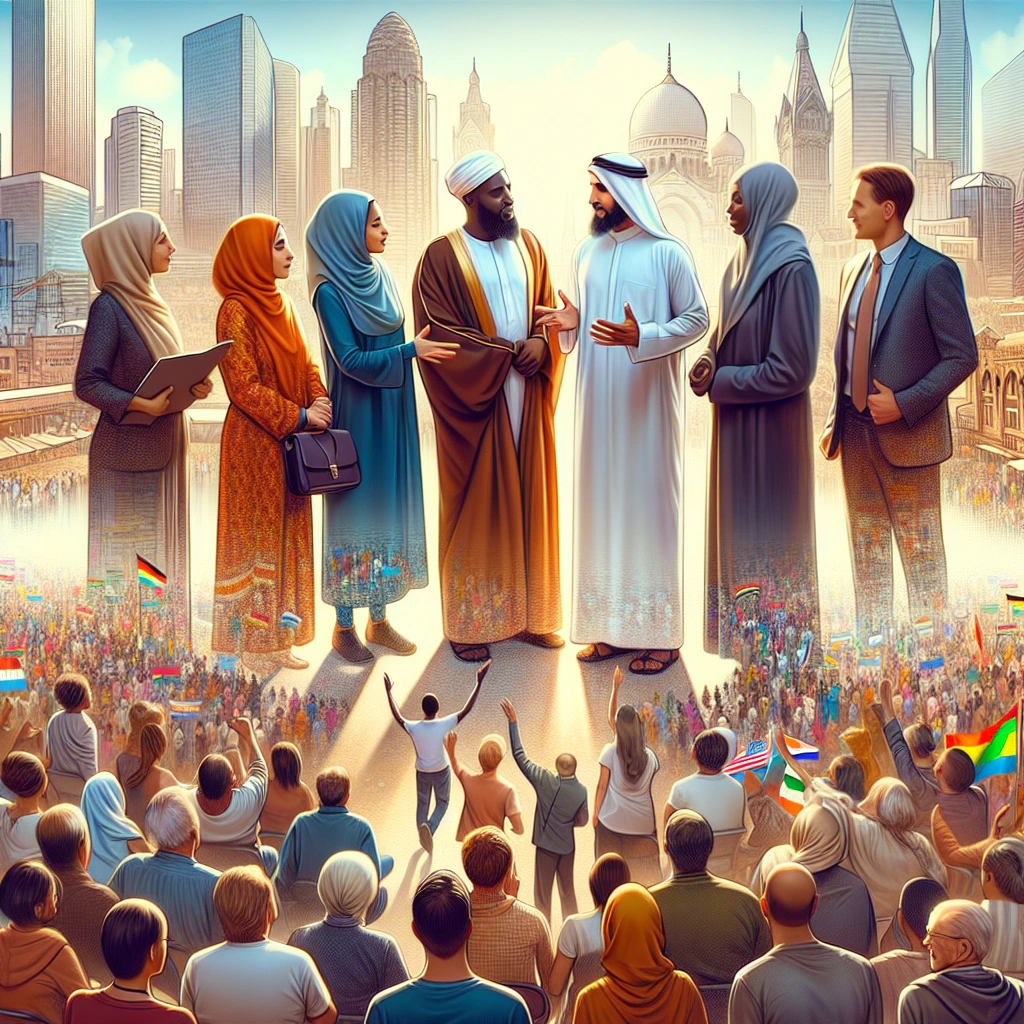

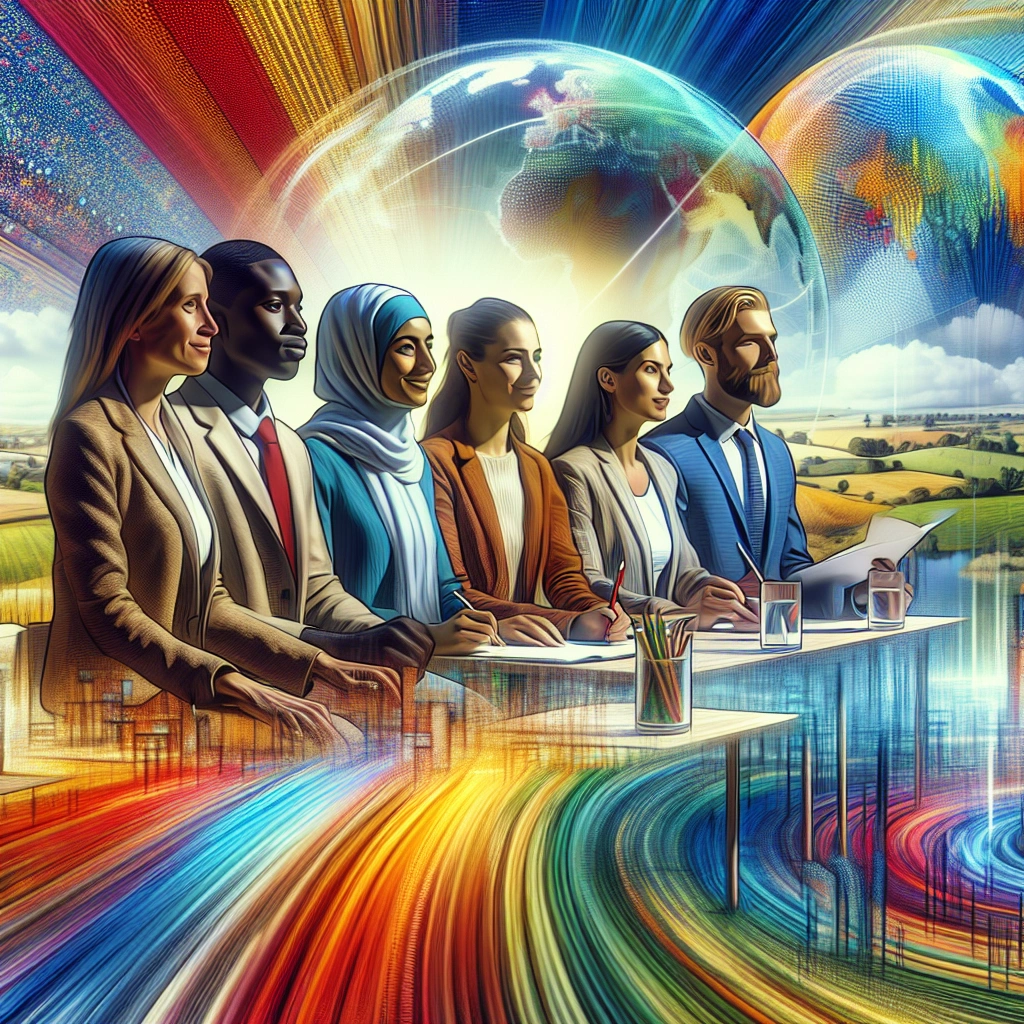
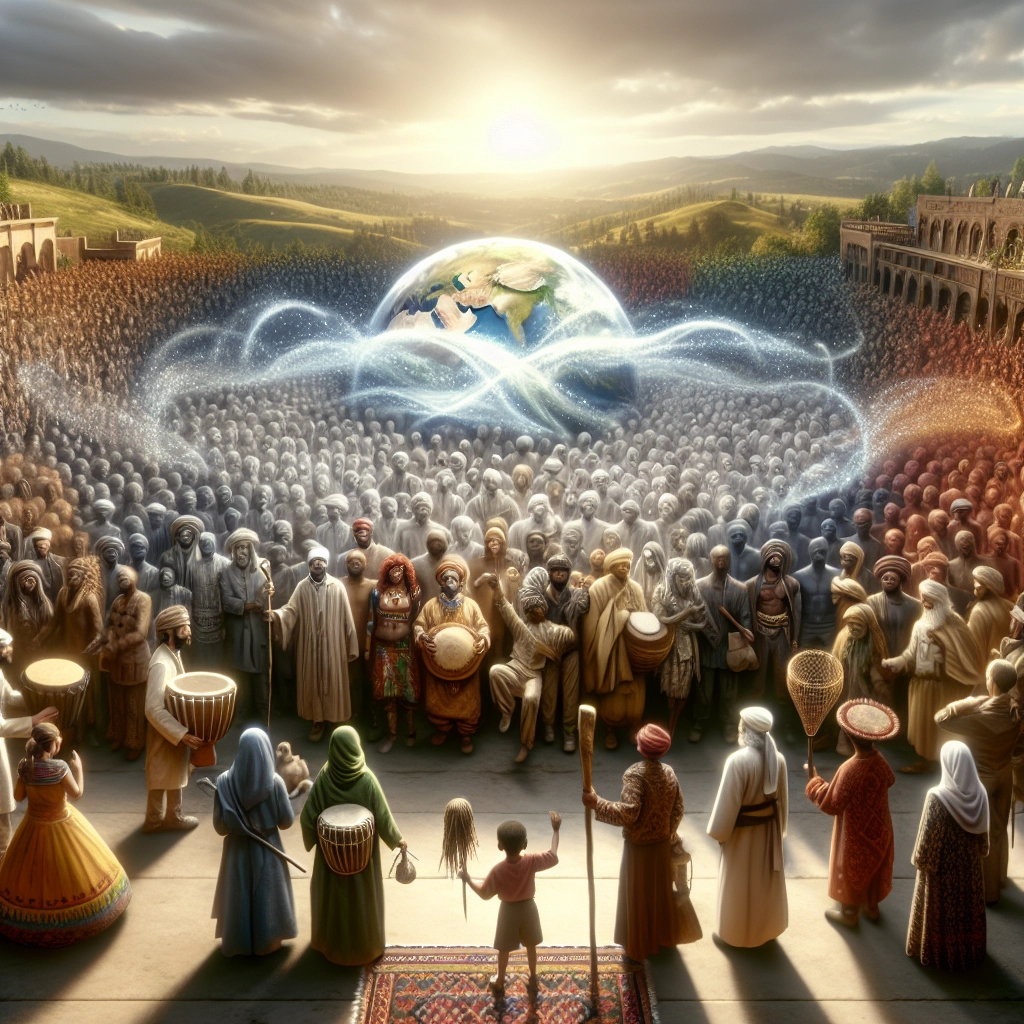
![how individuals impact social norms on a global scale - Recommended Amazon Products for [Impact of Individuals on Global Social Norms] how individuals impact social norms on a global scale - Recommended Amazon Products for [Impact of Individuals on Global Social Norms] - how individuals impact social norms on a global scale](https://mensventure.com/wp-content/uploads/2023/11/Recommended-Amazon-Products-for-Impact-of-Individuals-on-Global-Social-Norms.webp)
![how individuals impact social norms on a global scale - Top Recommended Product for [Impact of Individuals on Global Social Norms] how individuals impact social norms on a global scale - Top Recommended Product for [Impact of Individuals on Global Social Norms] - how individuals impact social norms on a global scale](https://mensventure.com/wp-content/uploads/2023/11/Top-Recommended-Product-for-Impact-of-Individuals-on-Global-Social-Norms.webp)
